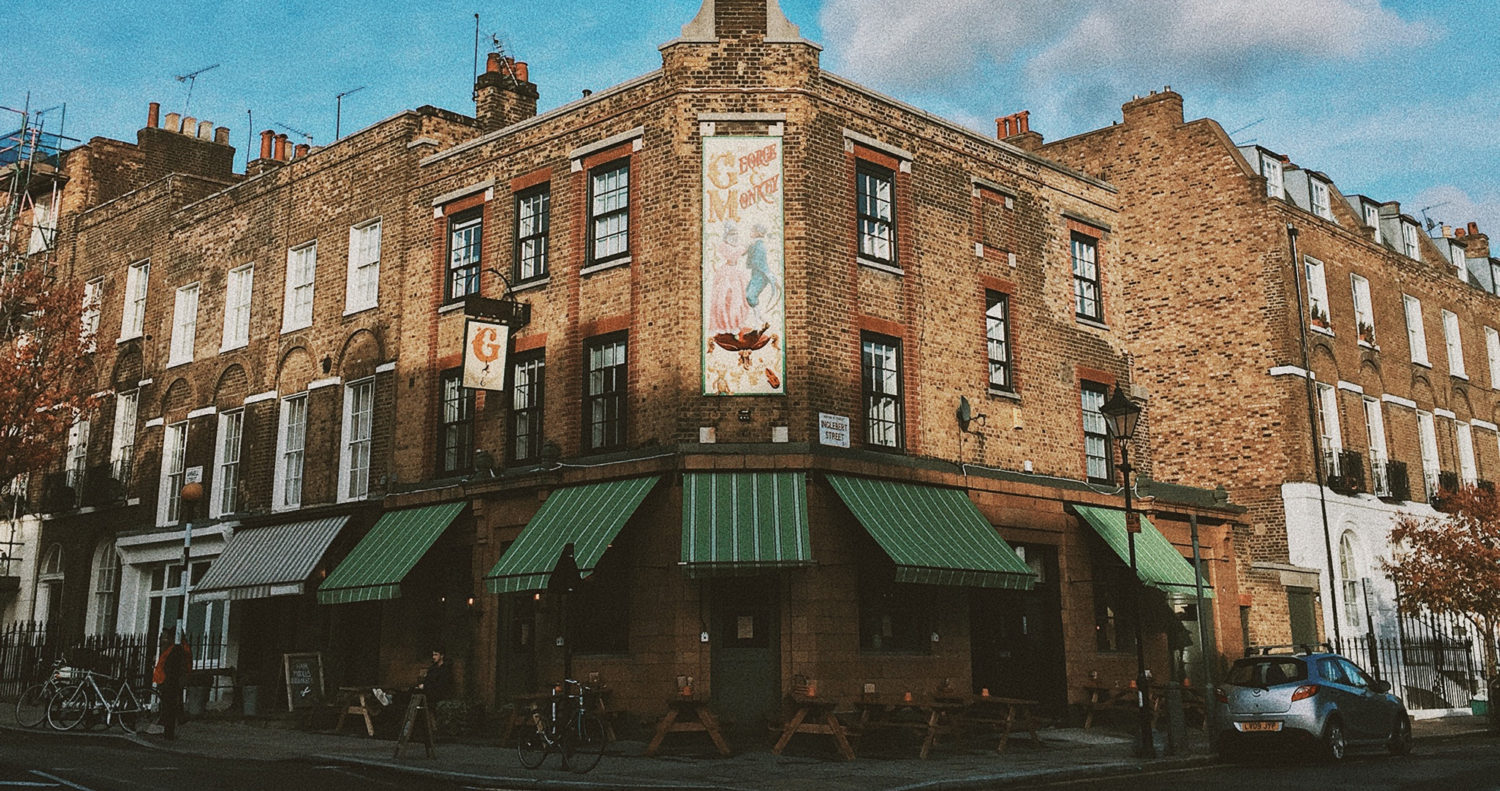Failing to plan
We need a change to planning rules for the sake of our high streets and housing, argues Roberta Blackman-Woods MP.
As Britain’s high streets continue to dwindle and ‘affordable’ housing remains scarce and, frankly, unaffordable, the power of local authorities to manage these problems according to the needs of their local communities has been severely curtailed. Much of this is down to the government’s expansion of permitted development rights.
These rights allow the use of a building to change and certain building works to be carried out without planning permission from local authorities. Since a planning application is not necessary, they bypass the local decision-making process. Permission is instead granted by government, supposedly cutting through red tape.
Back in 2013 as shadow planning minister, I objected to the extension of permitted development rights, though few people knew what I was talking about at the time. Labour stressed then, and continues to stress, that we are not against a change of use of buildings – but strongly believe it should be properly managed through the planning determination process. Especially because the extension of permitted development in recent years has made it very difficult for local authorities to plan effectively and in the interests of their local community.
It is fair to say that the permitted development changes that have caused most concern involve premises on the high street as well as the change of use of offices, launderettes, light industrial and storage facilities to residential accommodation. The government’s expansion of change of use might have brought new housing forward more quickly, but there are significant downsides to this approach that are only becoming apparent now.
In a recent report, Shelter noted that since permitted developments do not go through the full planning process, there is no opportunity for local authorities to enforce space standards, housing quality or design, as these areas do not come under prior approval.
Even more concerning is that the lack of community voice in the process means that developers have already developed a large number of flats in a relatively small space with poor quality design and in inappropriate locations. As a recent Guardian article revealed, permitted developments have allowed the creation of ‘rabbit hutch homes’, with studio flats as small as 18m² with no natural light, no private or communal garden space, located on a busy industrial estate with lorries coming and going from 4am to 11pm. As it noted, even our prisons do better.
The Town and Country Planning Association summarises perfectly what needs to change, describing permitted development rights as ‘probably the worst planning policy mistake in the postwar era’. It emphasises the need to ‘bring back minimum standards in design for housing like rooms with windows, children having some play space, and basic standards of energy efficiency’.
Permitted development rights are allowing the development of poor-quality housing that is not fit for purpose today – and is likely to make up the slums of the future. And crucially, developing housing in this way means that local councils are not able to ask for developer contributions towards the provision of affordable housing. Research from the Local Government Association has shown that thousands of affordable homes have potentially been lost since 2015. There is also increasing anecdotal evidence about the adverse consequences of people being placed in substandard housing on their overall wellbeing and mental health. The developments created under permitted development also reduce contributions to the community infrastructure levy which is intended to enable local authorities to provide the infrastructure needed to support new development.
And if the situation wasn’t already bad enough, the government has recently consulted on extending permitted development further.
The proposed new expansion would create a new permitted development right for the demolition and redevelopment of commercial buildings for residential use; creating a new permitted development right to allow the upward extension of buildings for the development of new homes (or extending existing ones); and creating new permitted development rights to allow change of use away from key town centre uses.
Organisations such as The Royal Town Planning Institute have openly opposed any further extension. But Labour would go further. We believe that the use of permitted development should be stopped altogether, so community spaces can be effectively planned. Only then can local authorities deliver strong placemaking objectives, improve the quality of housing and build the affordable housing we so desperately need.
The government’s approach to permitted development is reckless and needs to stop now, before further damage is done to the quality of our built environment and our housing too.

